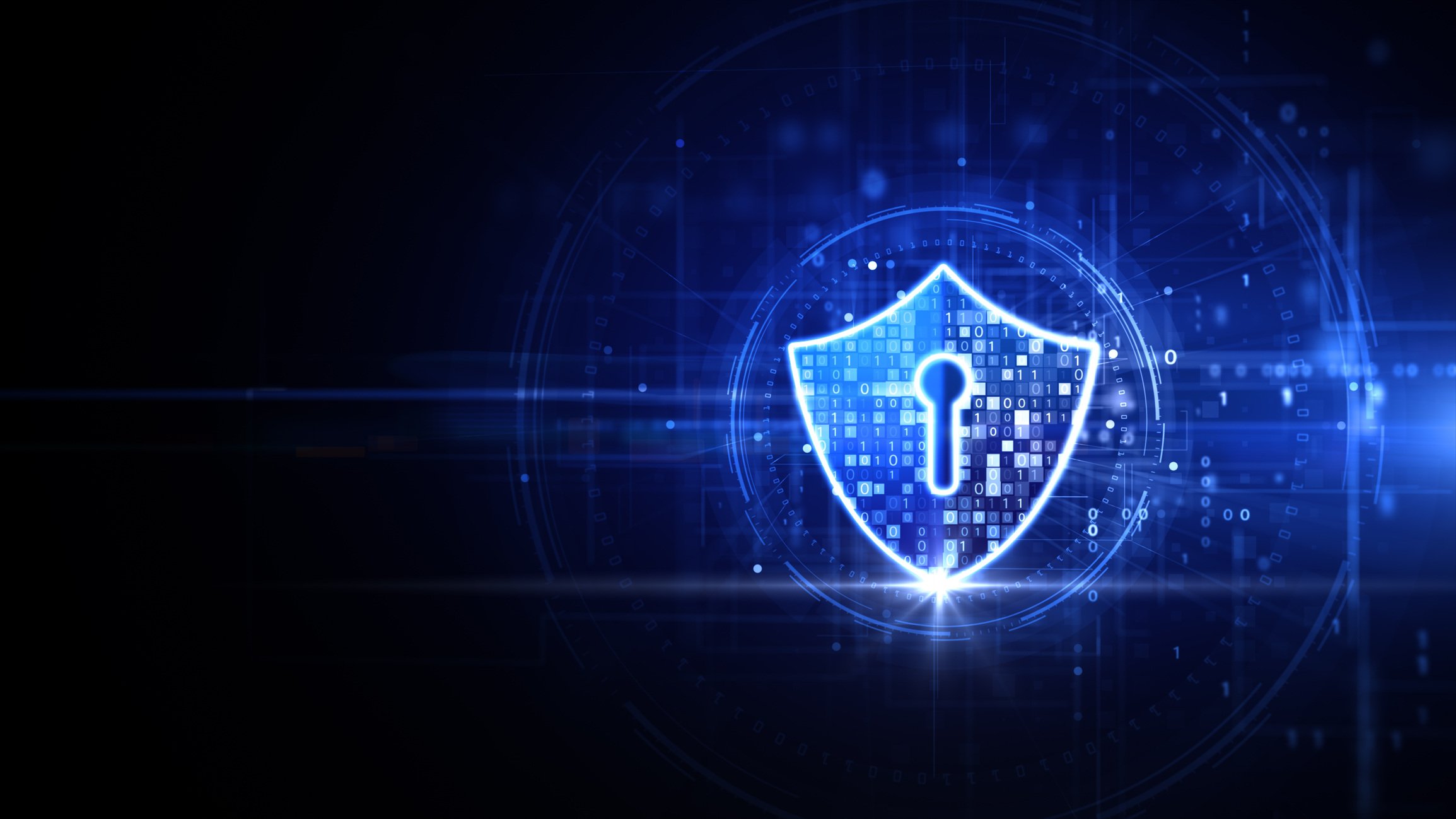Why Public Utilities Are a Prime Target for Cyber Attacks

 By
Jason Miller
·
2 minute read
By
Jason Miller
·
2 minute read
Why Public Utilities Are a Prime Target for Cyber Attacks
Public utilities, such as electricity, water, and gas providers, are vital to the functioning of society. Unfortunately, their critical role makes them prime targets for cybercriminals. Disrupting these services can have severe consequences, making public utilities attractive to hackers looking to cause widespread damage, gain financial leverage, or carry out geopolitical agendas. The increasing digitalization of these systems has expanded the attack surface, leaving public utilities more vulnerable than ever before to cyberattacks.
Critical Infrastructure Vulnerabilities
Public utilities rely heavily on outdated and interconnected infrastructure, much of which was not designed with modern cybersecurity in mind. These systems are often difficult to upgrade, making them vulnerable to attacks. Cybercriminals exploit these weaknesses to gain access to critical systems, disrupt operations, or demand ransom, potentially causing widespread chaos and disruption to essential services.
Did You Know?
Did you know that public utilities experience a growing number of ransomware attacks, with cybercriminals increasingly targeting energy and water systems? These attacks pose significant risks to public safety and security.
Nation-State and Financial Motivations
Many cyberattacks targeting public utilities are driven by nation-state actors seeking to gain political or strategic advantages. Additionally, cybercriminals often target utilities for financial gain, launching ransomware attacks or stealing sensitive data to extort payments. The disruption of public services, combined with the high stakes involved, makes utilities a valuable target for malicious actors.
Conclusion
The critical nature of public utilities and their reliance on aging infrastructure make them a prime target for cyberattacks. To mitigate these risks, utilities must implement robust cybersecurity measures and stay vigilant against evolving threats. For more information on how to protect public utilities, visit BitLyft AIR®.
FAQs
Why are public utilities targeted by cybercriminals?
Public utilities are targeted because they provide essential services, and any disruption can cause widespread harm. Cybercriminals exploit this vulnerability to cause damage, gain financial leverage, or further political objectives.
What vulnerabilities exist in public utility infrastructure?
Many public utilities rely on outdated, interconnected systems that were not built with cybersecurity in mind. These legacy systems are difficult to upgrade, making them vulnerable to cyberattacks.
How do nation-states target public utilities?
Nation-states target public utilities to gain political or strategic advantages, often launching cyberattacks to disrupt services, gather intelligence, or weaken the infrastructure of rival nations.
What steps can public utilities take to improve cybersecurity?
Public utilities can improve cybersecurity by implementing advanced threat detection systems, conducting regular security audits, and adopting strong data protection measures to prevent unauthorized access and attacks.
How do ransomware attacks impact public utilities?
Ransomware attacks on public utilities can shut down essential services, forcing organizations to pay large sums to restore operations. These attacks can have far-reaching consequences for public safety and infrastructure.